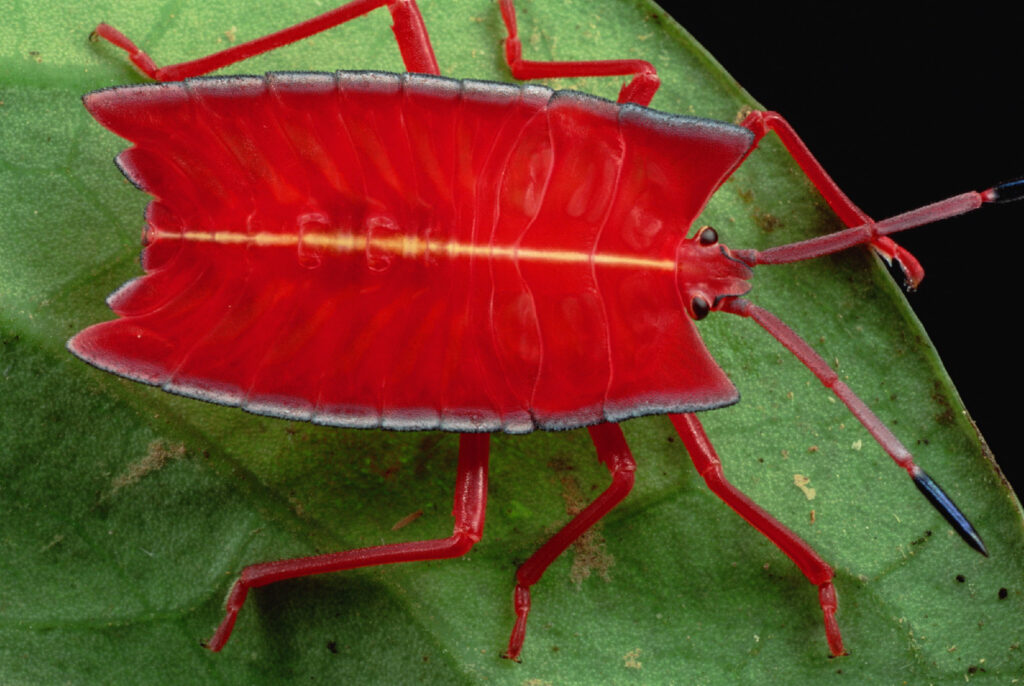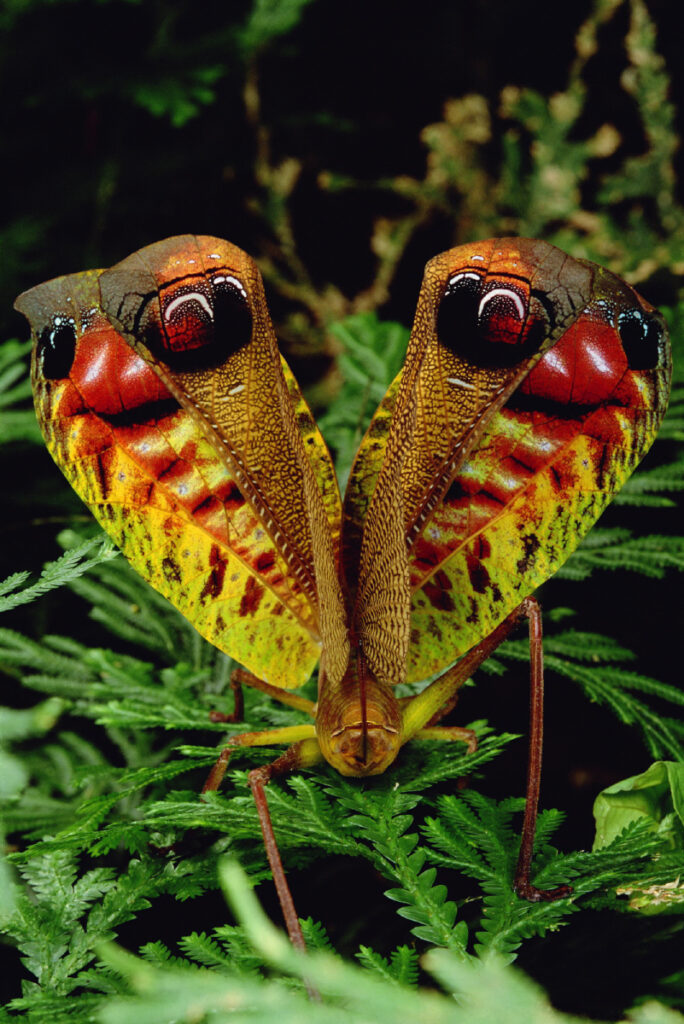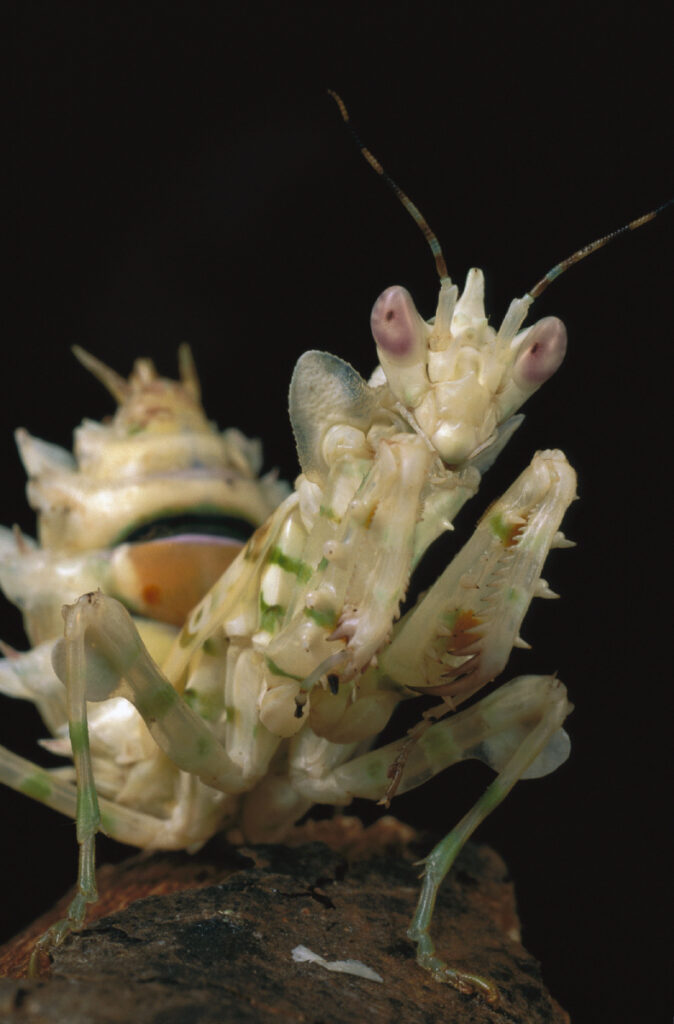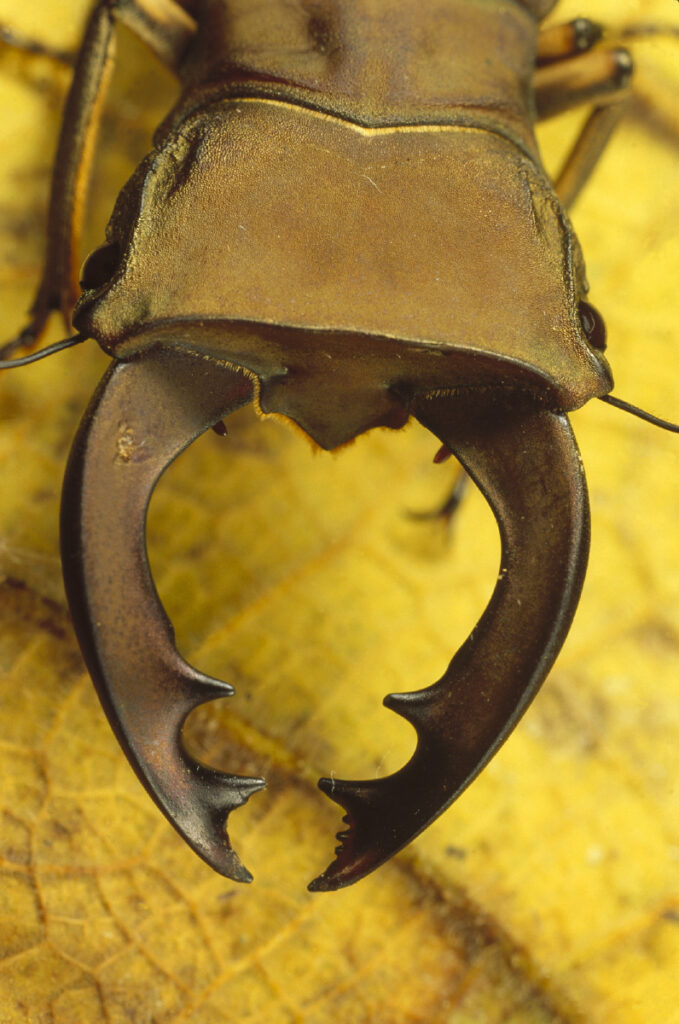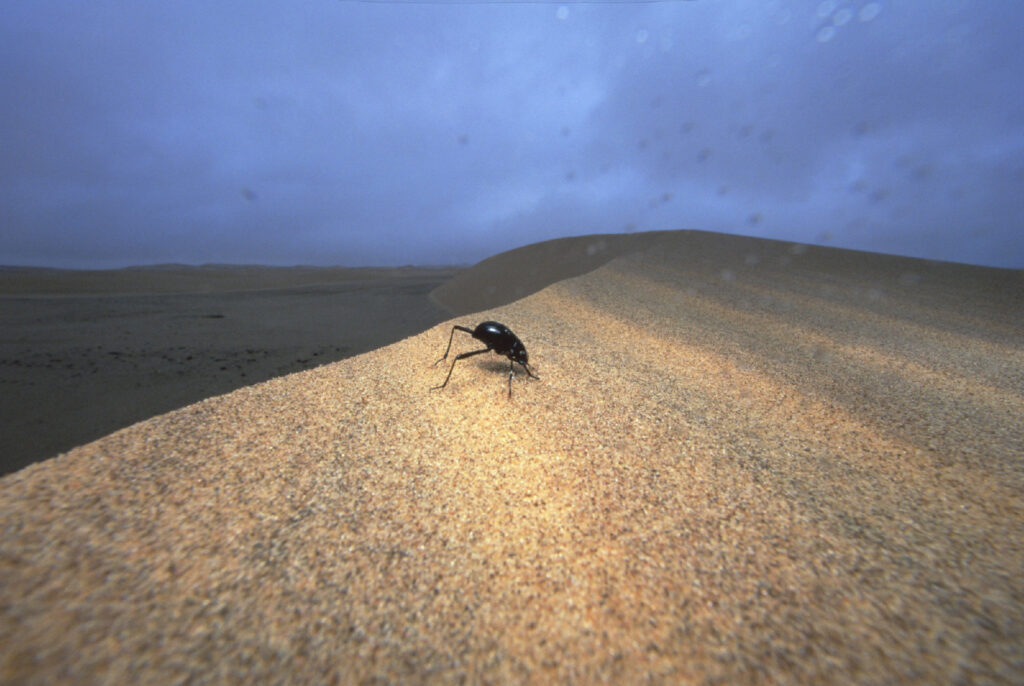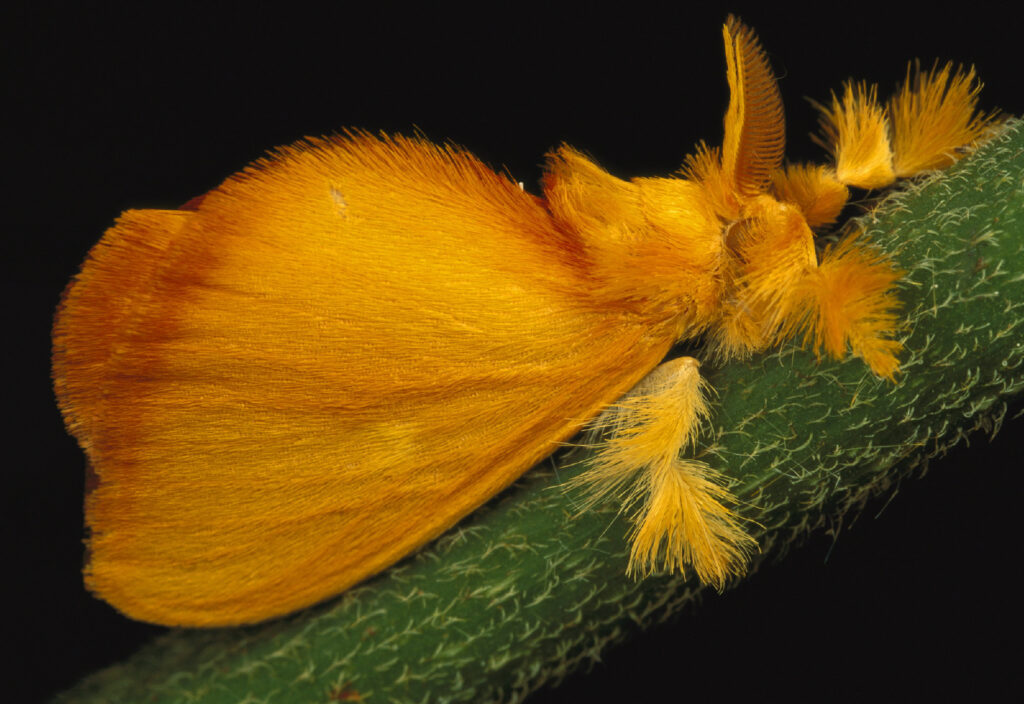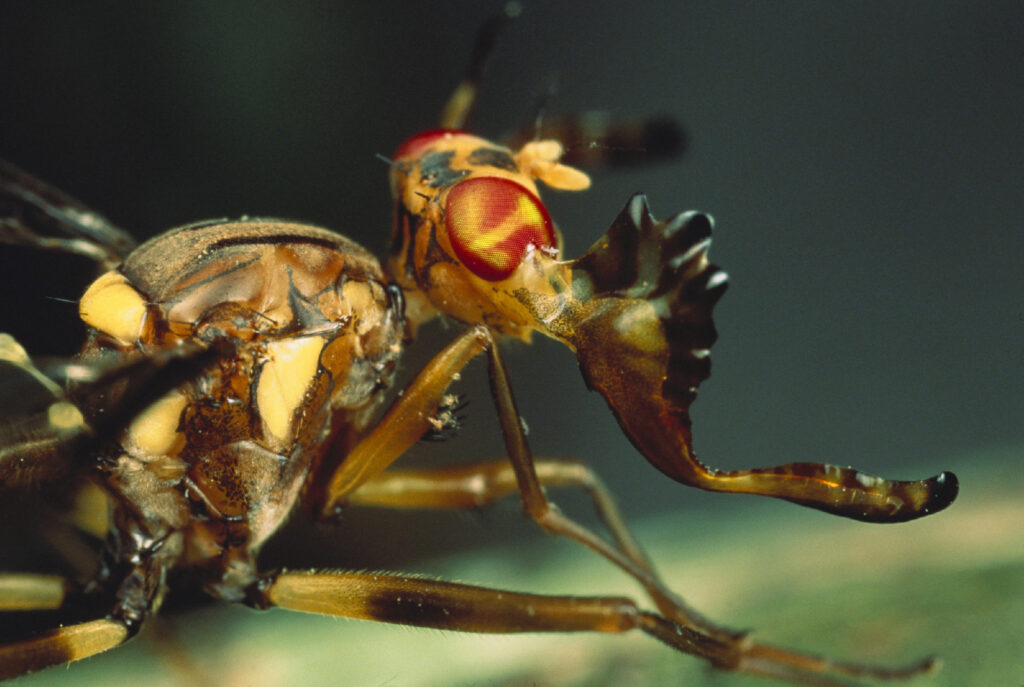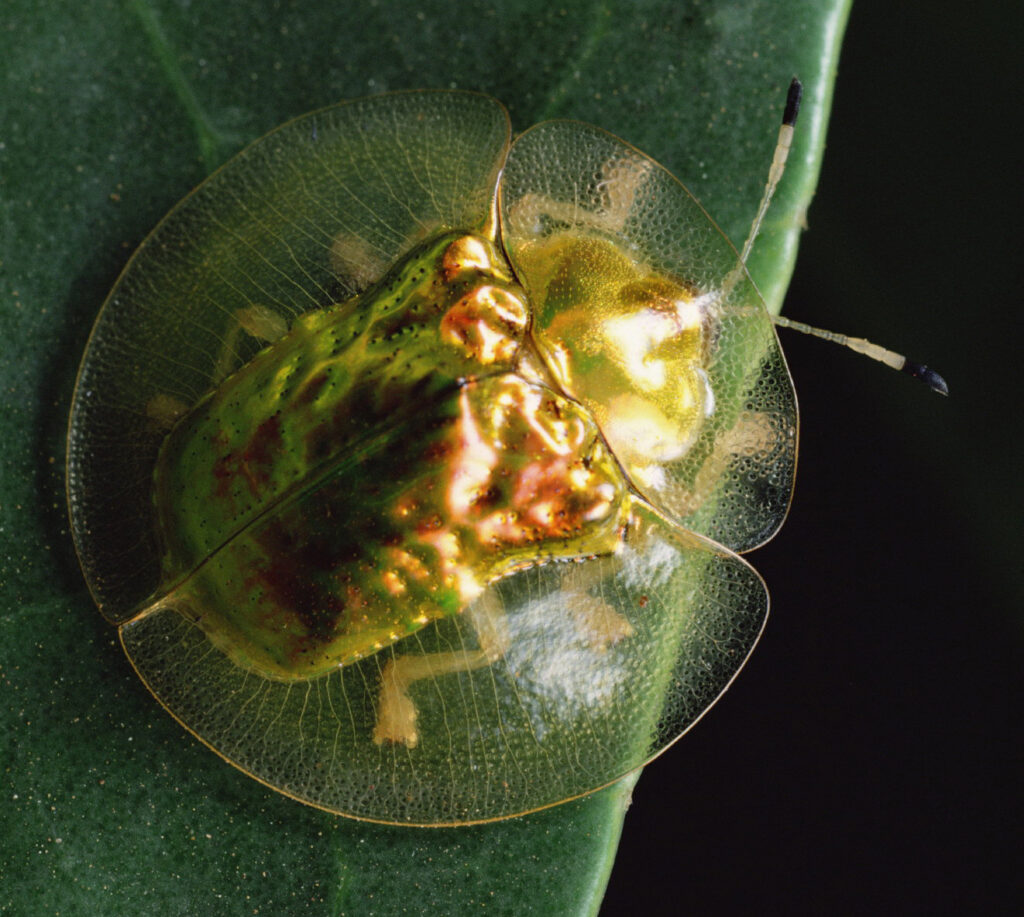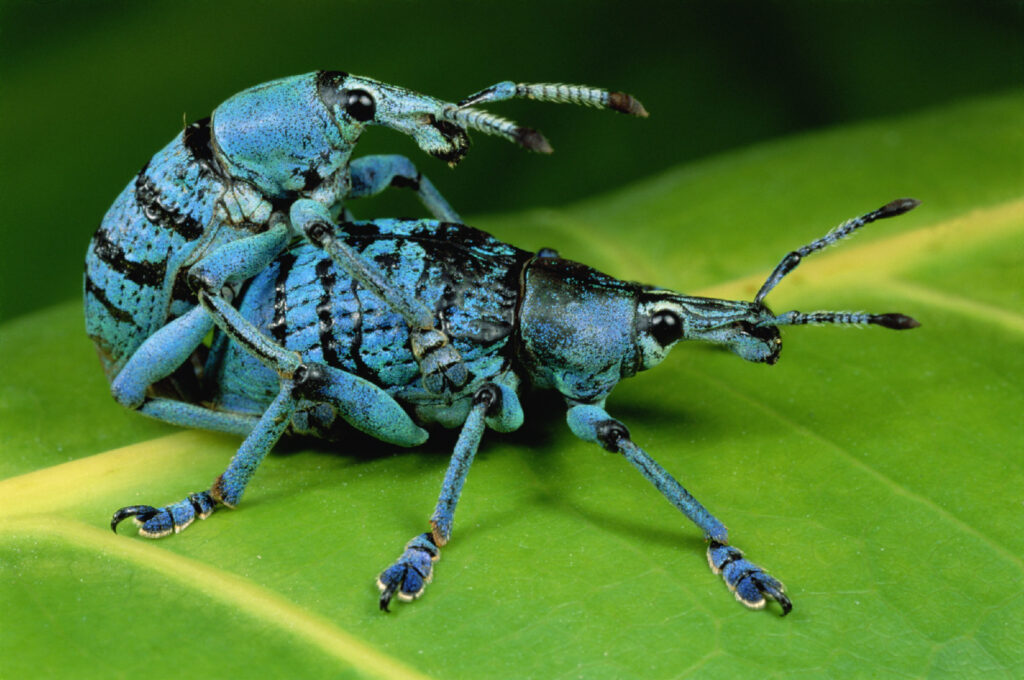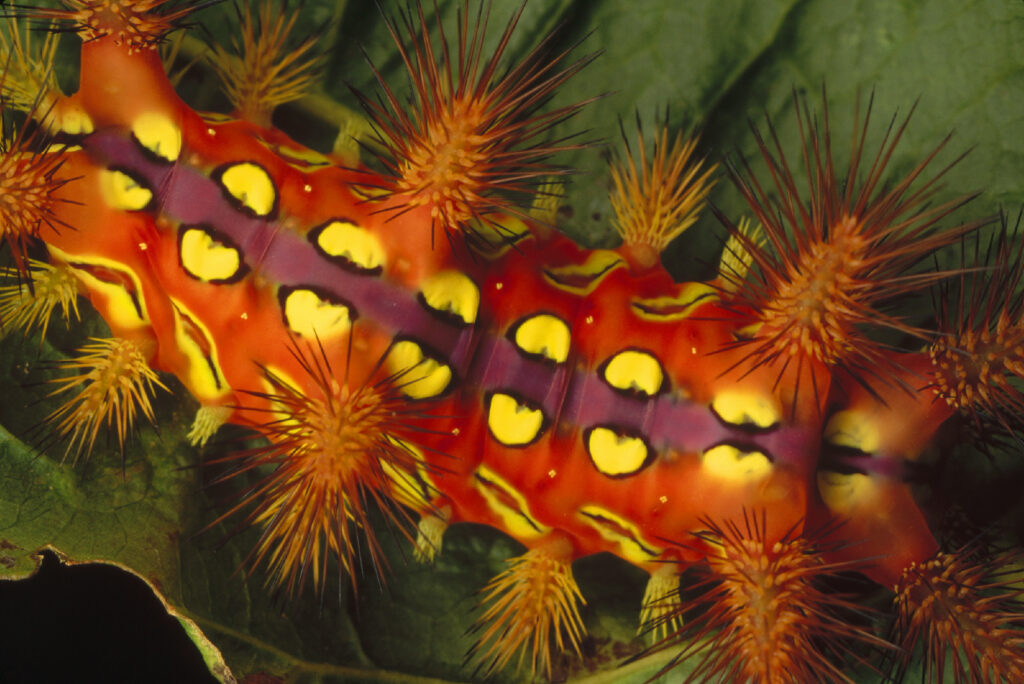"One of my favorite places to work has been Socotra, in the Arabian Sea, especially known for its extraordinary plants. Socotra is the most biodiverse archipelago on earth after the Galapagos and Hawaii, and yet no species there has gone extinct despite 1,000 years of occupancy by goat herders who probably originally came from the Indian subcontinent. Arguably this reflects how well the tribes there have managed their environment."--Mark W. Moffett
Mark and Melissa chase down the elusive pollinator of cacao in Panama--believe it or not, we get our chocolate with the help of a tiny fly. From the series "National Geographic's Most Amazing Photos."
Mark produced this video, describing a number of unusual pollinating animals, for the international photography festival LOOK3.
